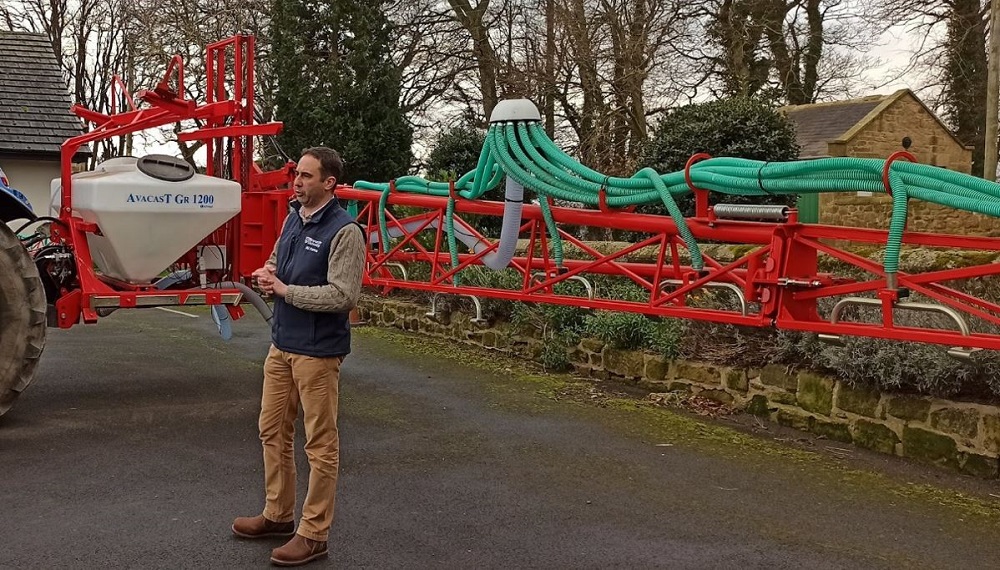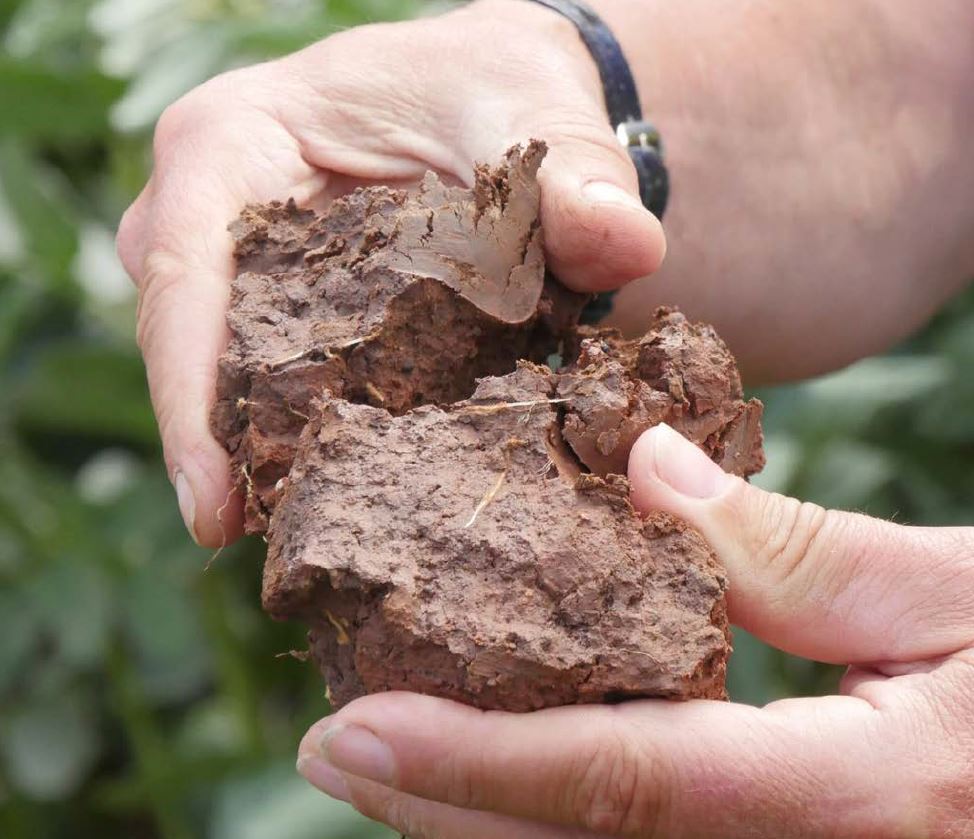Northern farmers discuss regenerative agriculture
Tuesday, 21 June 2022
When a college of agriculture was established in 1891 (at what is now Newcastle University), it kicked off a long-running curiosity about one of the biggest questions in farming – what does a ‘sustainable’ system look like?
The fact that the debate rages on over one hundred years later provides a clear answer – it isn’t clear. Biological systems are complex and management ‘perfection’ is nigh-on impossible.
Yet, the answer to the question is critical. It is why the team currently on shift at Newcastle University continues to crunch the problem – with a focus on the latest hot topic.
Regenerative agriculture
Over the last five years, regenerative agriculture has started to take the world by storm. The inclusion of some regenerative techniques in Defra’s Sustainable Farming Incentive soil standards has helped fuel interest in this ‘new’ way of farming.
Many farmers, agronomists and agri-food businesses have declared commitment to the approach but, with no blueprint, it is frequently being adopted from the ground up. This is not necessarily a bad thing, but researchers were keen to look for ways to coordinate efforts.
The latest research (outlined in a new final report) took a broad look at the approach, including what the term means to farmers in the North of England. They also wanted to identify ways to improve the adoption of more sustainable techniques.
Over the winter of 2021/22, three farmer workshops were held (Cumbria, Northumberland and Yorkshire) and a digital questionnaire was distributed (via social media).
Defining the approach
The workshops, which were engaging and lively, formed a general agreement about the core practices associated with regenerative approaches:
- No or minimal soil disturbance to help soil life flourish
- Growing ground cover to lock in nutrients and protect the land
- Use of a diverse rotation to promote life and avoid nutrient over-extraction
- Integration of livestock (where possible)
The farmers also agreed that regenerative agriculture influences:
- Soil health
- Carbon sequestration
- Crop health
- Water quality
- Other ecosystem services
The groups also felt that regenerative agriculture is more than a set of practices. Farmers often identified with the philosophy or ideology of regenerative agriculture – with terms like ‘circular economy’, ‘holistic’ and ‘organic’ used to describe it.
Some were concerned that the term could have negative consequences for conventional systems, with regenerative suggesting that other types of farming could be viewed as ‘degenerative’.
Regen barriers
Although most farmers agreed that livestock improves regenerative systems, it was a contentious topic. A key concern was that entirely arable farms would need to make major changes to infrastructure to incorporate animals into the system.
A lack of knowledge was cited as the most common barrier to regenerative agriculture uptake, with financial risk and time/labour also cited frequently. However, economics was frequently cited as the main trigger for starting to farm differently (Figure 1).
.JPG) AHDB
AHDB
Figure 1. The trigger or most important factor that made farmers start to farm differently (based on a poll of farmers at a workshop in Cumbria – a green dot indicates one farmer’s vote)
Increasing adoption
Prior to the latest project, the researchers hypothesised that the northern climate and its soils were most likely to limit the uptake of regenerative agriculture. However, this was less of an issue than had been expected.
Most concerns related to specific practices, such as no-till and cover cropping.
When asked how Newcastle University could support the development of regenerative practices, farmers had no burning fundamental science questions but showed interest in tapping into their knowledge exchange, monitoring and evaluation expertise.
The group also appreciated the roles that NU farms and the Agri-Tech Innovation Centres could play in testing approaches at the field scale and the equipment available to hire (Figure 2).
 Newcastle University
Newcastle University
Figure 2. Machinery compatible with regenerative agriculture can be hired from CHAP
Increasing adoption
To help unlock the potential of regenerative agriculture, the researchers will continue to talk with farmers and test practices.
If you would like to find out more about the project and regenerative agriculture, then there are two open days at NU farms this summer:
- Cockle Park Farm, Northumberland – 28 June (register here)
- Nafferton Farm, Northumberland – 28 July (register here)
For further information, contact: nu.farms@ncl.ac.uk
Access the full report
This article is based on information provided by Julia Cooper at Newcastle University.
AHDB/BBSRC net-zero partnership
This project was part of an AHDB/BBSRC partnership that aimed to support the agricultural transition to net zero.
Project costs were met through BBSRC’s Farm Sustainability Fund. The partnership supported ten projects that addressed priorities identified by farmers, including ways to cut greenhouse gas emissions and increase carbon storage.
Topics:
Sectors:
Tags:



